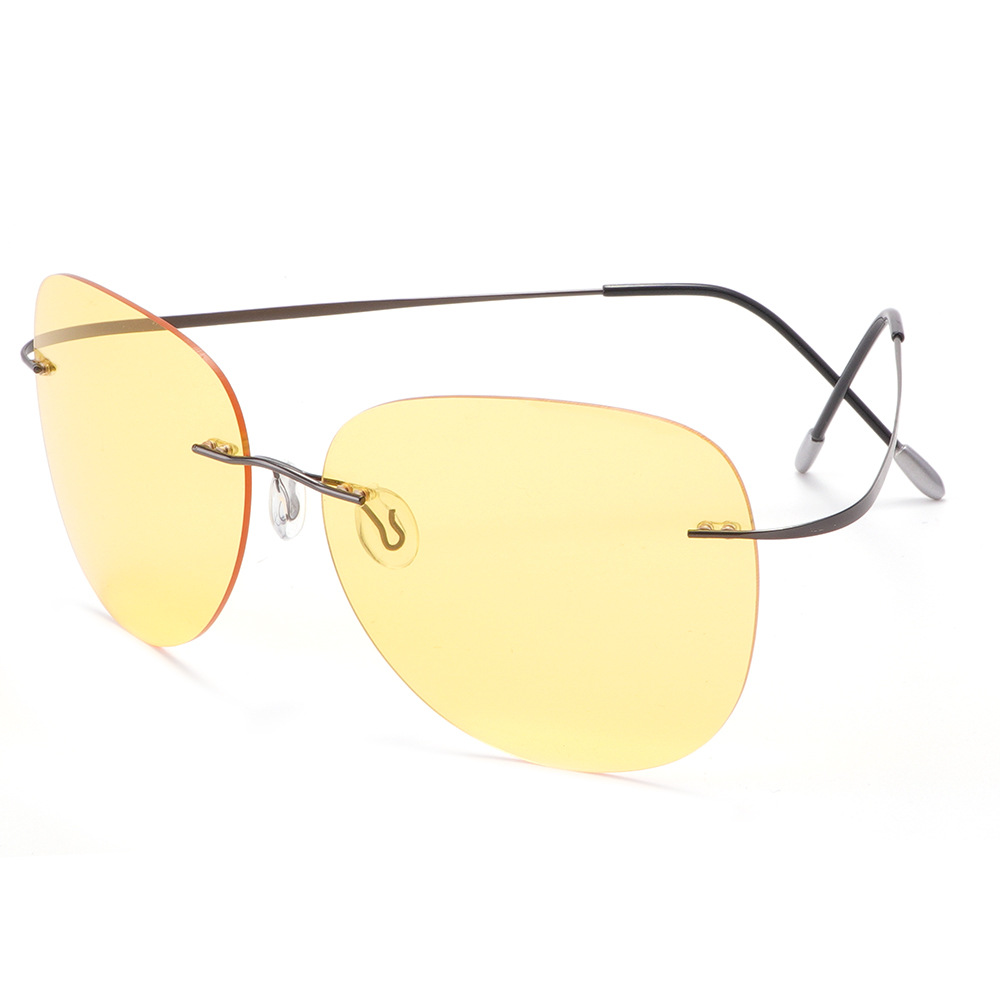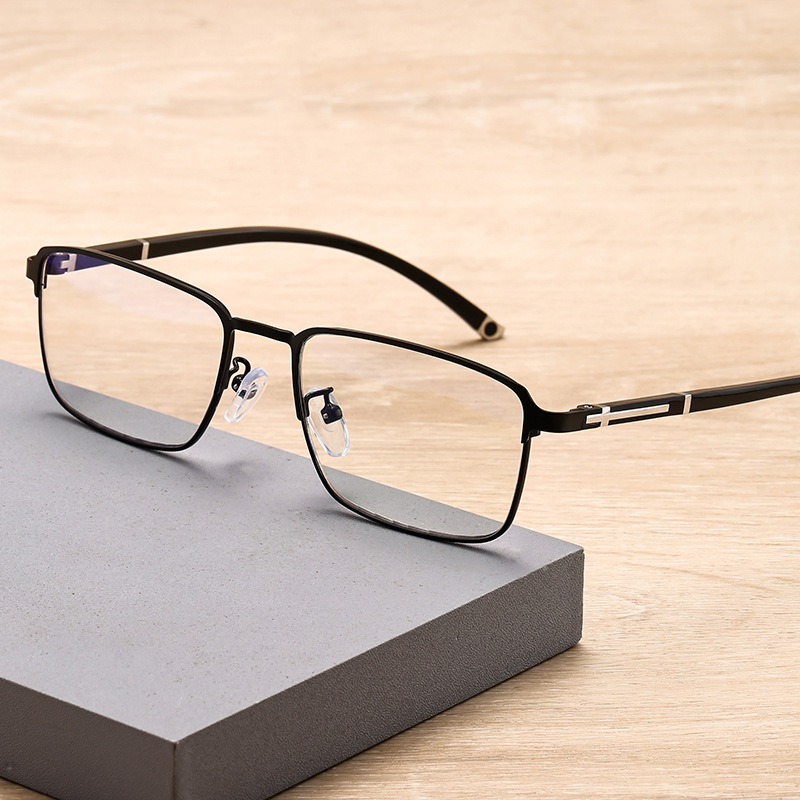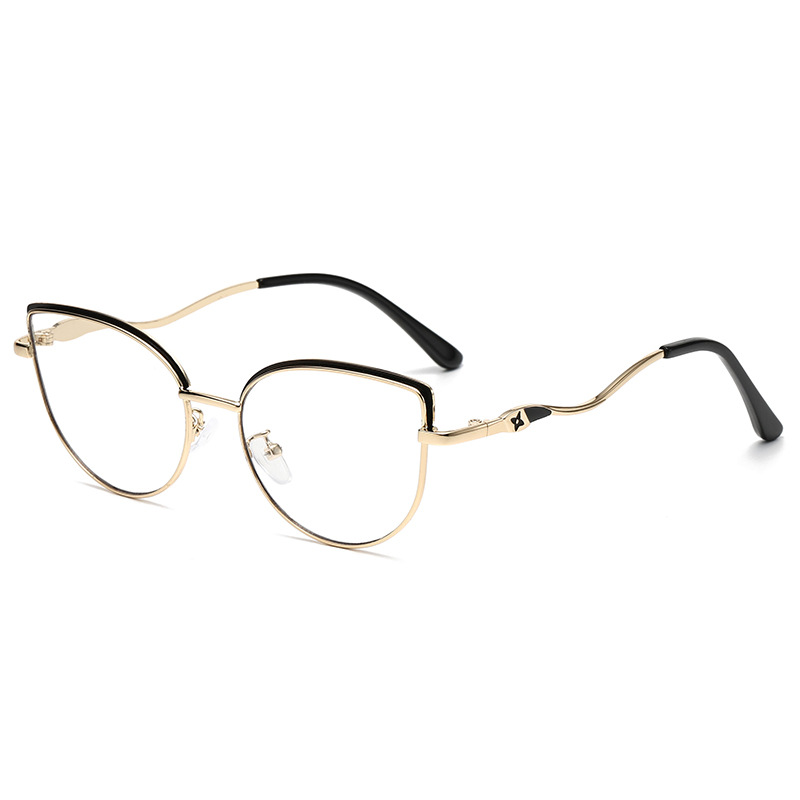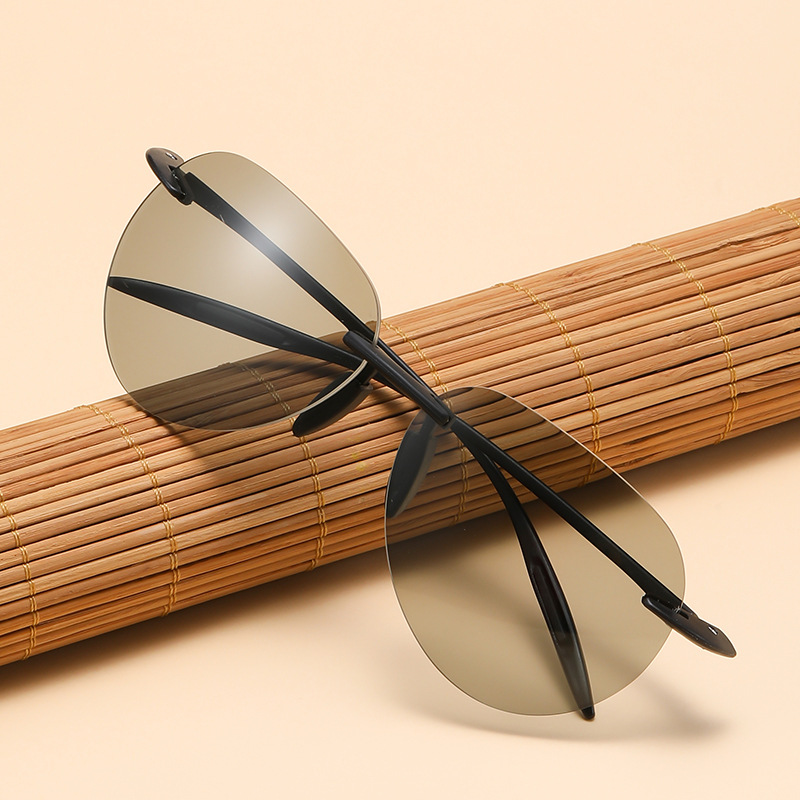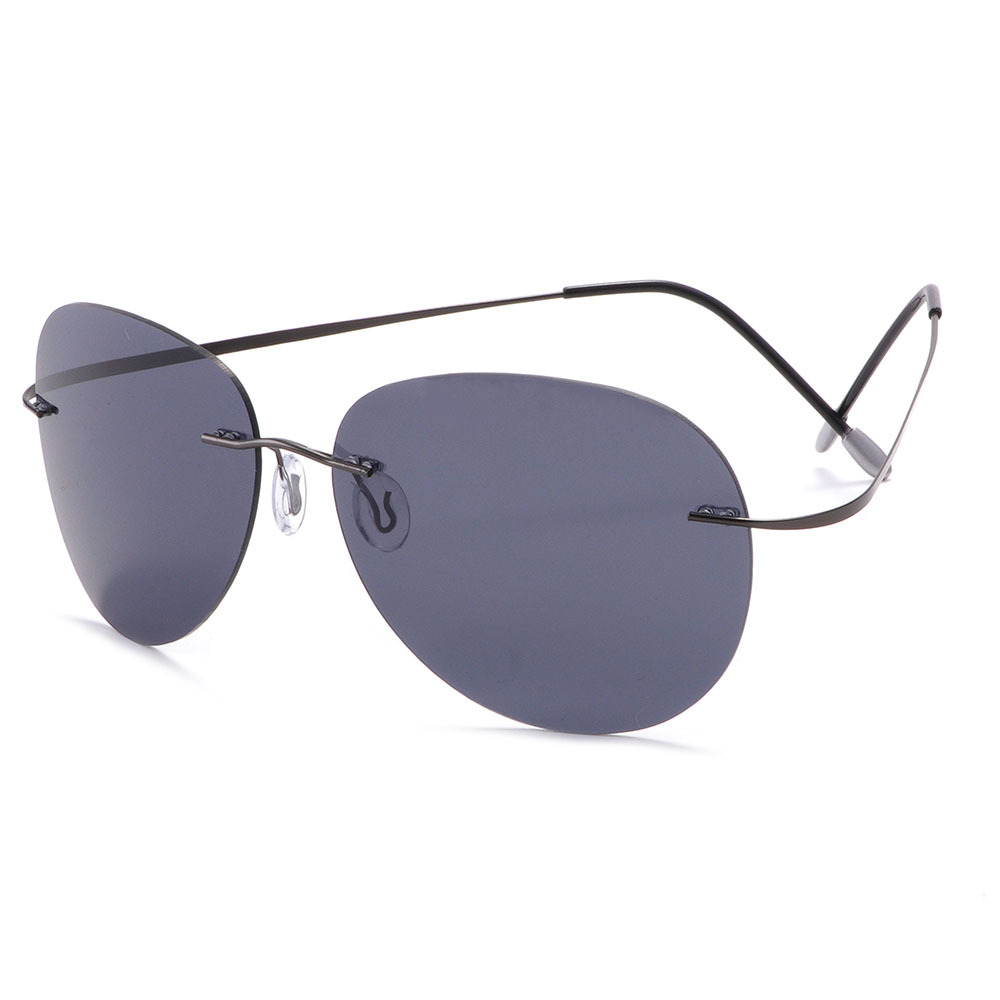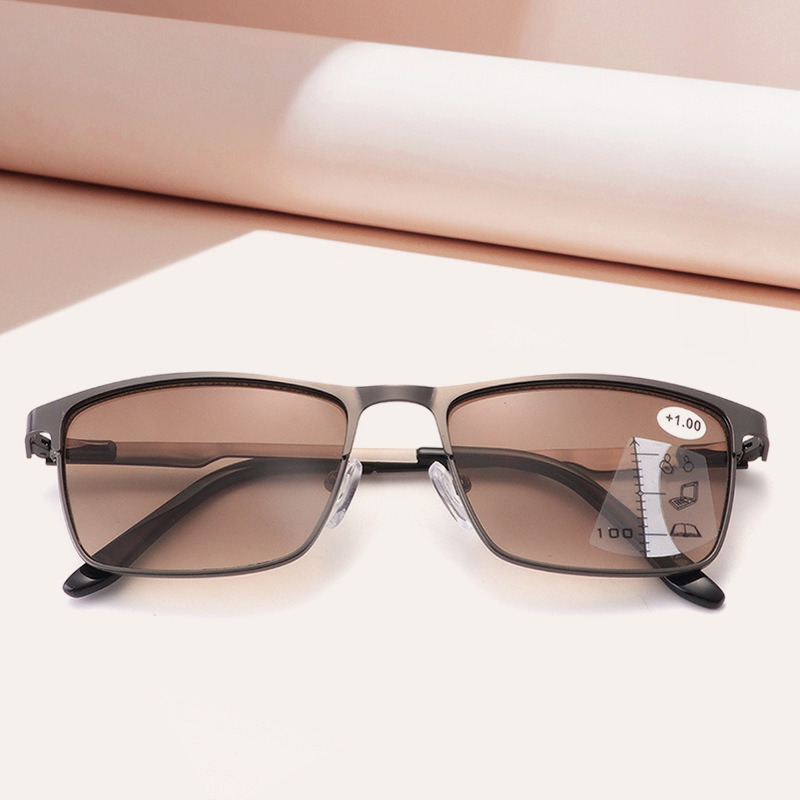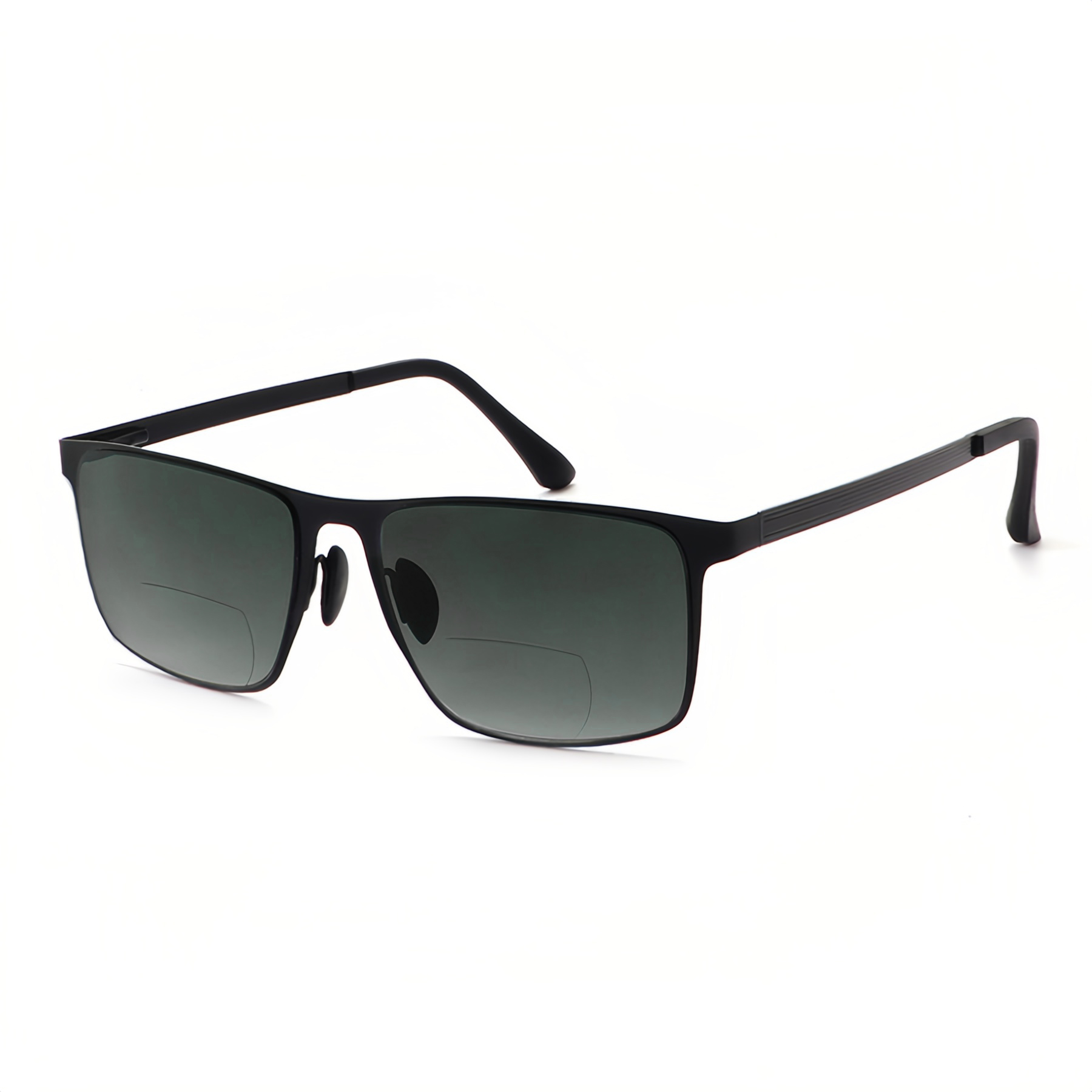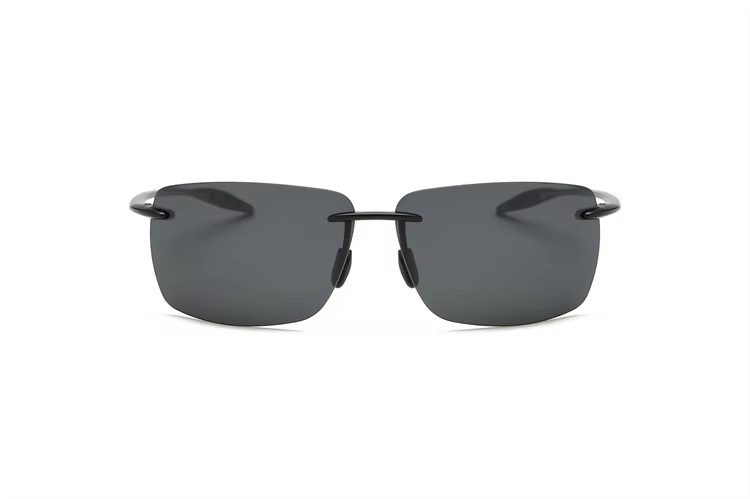Do Sunglasses Expire?
2025-05-21
Do Sunglasses Expire? Understanding Their Lifespan and Protection
On a sunny day, sunglasses serve as more than just a fashion accessory; they are essential eye protectors. But have you ever wondered: do sunglasses actually expire? The answer is more nuanced than a simple yes or no. While sunglasses don't have a printed expiration date like food, their effectiveness in blocking harmful UV rays and structural integrity do degrade over time, making "expiry" a relevant concept in terms of functionality.
The Science Behind UV Protection Degradation
Most quality sunglasses feature special coatings or lens materials that block 99-100% of UVA and UVB rays. These protective properties primarily come from either embedded UV-blocking polymers in the lens material or applied coatings. Over time, prolonged exposure to sunlight, heat, humidity, and daily wear and tear can compromise these protective layers.
For example, polycarbonate lenses, a common material for sunglasses due to their impact resistance, can experience gradual chemical changes when exposed to ultraviolet radiation over years. The UV-blocking additives in the plastic may break down, reducing their ability to filter out harmful rays. Similarly, mirrored or polarized coatings on the lens surface can scratch, peel, or fade, especially if cleaned with harsh chemicals or abrasive fabrics. Once these coatings are damaged, the lens may allow more UV radiation to reach the eyes, defeating the purpose of wearing sunglasses in the first place.
Signs Your Sunglasses Have "Expired"
Even if your sunglasses look intact, several subtle signs indicate it's time for a replacement:
- Visible Damage: Scratches, cracks, or discoloration on the lenses. While minor scratches might seem harmless, they can cause visual distortion and create pathways for UV rays to penetrate.
- Frame Degradation: If the frames are made of plastic, they may become brittle, fade, or develop cracks over time, especially if frequently exposed to high temperatures (like leaving them in a hot car). Metal frames might experience corrosion or lose their finish, affecting both comfort and durability.
- Reduced UV Protection: Even without visible damage, the lens's UV-blocking ability can decline. According to the American Optometric Association (AOA), most manufacturers recommend replacing sunglasses every 1-3 years, depending on usage and maintenance. If you're unsure about your pair's age or history, it's safer to assume the protective properties have diminished after a few years.
Factors Affecting Lifespan
- Usage Habits: Sunglasses worn daily in intense sunlight will degrade faster than those used occasionally. Saltwater, chlorine, and sandy environments can also accelerate material wear.
- Storage Practices: Storing sunglasses in a protective case away from direct sunlight and extreme temperatures can significantly extend their life. Haphazardly tossing them in a bag where they rub against keys or other objects leads to scratches and coating damage.
- Quality Matters: While expensive sunglasses often use higher-quality materials and coatings, even premium brands aren't immune to natural degradation. Inexpensive, unbranded sunglasses may lack proper UV protection from the start or lose effectiveness more quickly.
Why Expired Sunglasses Are Dangerous
Wearing sunglasses that no longer block UV rays can be worse than not wearing any at all. When the pupils dilate behind dark lenses, they let in more light, including unfiltered UV radiation, increasing exposure risks. Prolonged UV exposure is linked to serious eye conditions such as cataracts, macular degeneration, and eyelid skin cancer. Children are especially vulnerable, as their eyes are more permeable to UV rays.
Extending Your Sunglasses' Effectiveness
To maximize your sunglasses' lifespan:
- Clean them with a microfiber cloth and mild soap (never use alcohol or glass cleaners, which can damage coatings).
- Always store them in a hard case when not in use.
- Avoid leaving them in hot environments, as heat speeds up material degradation.
- Check for damage regularly, especially after accidental drops or impacts.
Conclusion: Yes, They "Expire" in Functionality
While sunglasses don't come with an expiration sticker, their protective capabilities do diminish over time due to environmental factors and wear. The key is to treat them as a health essential rather than a fashion item. Regularly inspect your sunglasses for damage, follow proper maintenance practices, and replace them every 1-3 years (or sooner if damaged). Your eyes will thank you for prioritizing their long-term health over holding onto a beloved but no longer protective pair.
So next time you reach for your sunglasses, take a moment to assess their condition. Investing in a new pair when needed is a small price to pay for preserving your vision and shielding your eyes from the sun's harmful rays.
